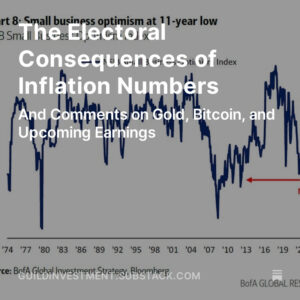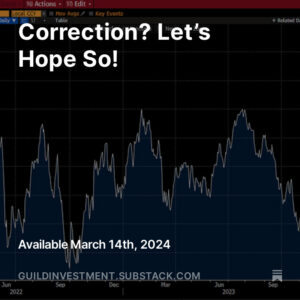China Eases — One More Step in the Dance
Chinese premier Li Keqiang gave a speech to provincial officials last week which indicated that the arrival of some form of stimulus to the Chinese economy is imminent.
We continue to hold our core China thesis, that a national financial crisis and a catastrophic growth slowdown are both fairly remote possibilities. As we have outlined in this letter many times, we think that the Chinese government has the capacity to rein in the excesses of the shadow banking sector — gradually leveraging it down and leveraging up the official banking system. And we think that those who are calling for a Chinese crash are uninformed about the nature of the Chinese financial system.
Premier Li Promises Growth Policies to Provincial Leaders We have also noted that the government will not tighten excessively in intensity or duration,
We have also noted that the government will not tighten excessively in intensity or duration,
but that it will moderate bouts of tightening with loosening in such a way that it approaches its long-term structural goals while avoiding shocks that are too severe.
Premier Li promised a series of policies to keep growth within his “reasonable
range.” We don’t know exactly what that means, but we suspect a growth floor of about 7 percent, and an inflation ceiling of about 3.5 percent.
Although Li’s remarks lacked specifics, analysts parsed some likely policy implications:
• Accelerated funding for some big infrastructure projects. Although China’s longer-term strategy is away
from this kind of investment and towards more consumption, it’s still a staple of the government’s stimulus
tools. Huge infrastructure investments will need to be made to keep China’s cities habitable from an environmental perspective… and the government knows this could become a source of civil unrest if it continues to go unaddressed.
• More social housing. This is another area where significant central government expenditure will be necessary as the state approaches its long-term goal of raising the proportion of China’s urban population.
• Continued emphasis on reforms and on opening previously closed state industries to more private-sector competition.
• Ongoing financial reforms of capital markets to get lending flowing towards more productive private-sector businesses and reduce their cost of capital (a theme that is, again, related to the gradual reining-in of the shadow banking sector.
• The People’s Bank of China may act to cut reserve ratio requirements for China’s banks. This may happen eventually — but there are other financial sector adjustments that are probably ahead of it in the pipeline. In short, we believe China will continue to experience healthy growth, and Premier Li’s remarks convince us that the two steps forward, one step back approach to tightening will keep playing out.







